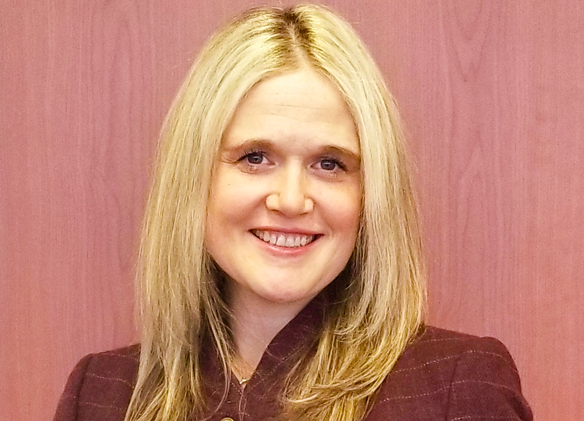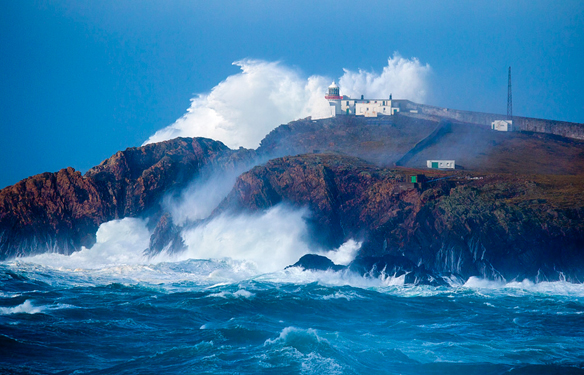
A search for those unscripted moments
Forecast 2020

DANA WELCH
Chair, Canada Chapter
European Travel Commission
CONTINUED GROWTH FROM CANADA TO EUROPE
Tourism arrivals and overnight stays from Canadian travellers are increasing for the majority of European destinations, and Canada remains the third-largest long-haul source market for Europe after the US and China (excluding Russia). Given the current positive environment and the high consumer confidence in the Canadian outbound market, as well as the increase in direct flights to Europe from Canada scheduled for 2020, we anticipate continued growth of approximately 3%.
In 2020, Southern Europe will account for 17.7% of all Canadian long-haul travel, Western Europe for 12.1%, Northern Europe for 8.5% and Central/Eastern Europe for just 1%. In the longer term, Northern and Western European destinations are likely to see the most robust growth in arrivals from Canada in the next five years; approximately 5% and 3.8%, respectively per year towards 2023.
SLOW TRAVEL
For some, travel is about seeing as many places as they can in a short amount of time, capturing that key photo and the rush of moving from one attraction to the next. More and more travellers are looking to really escape their day-to-day lives and unwind. As an extension of this, we are seeing a growing interest in travellers that want to take things at a slower pace and really focus on the journey.
This can include a number of ways, such as slower modes of transportation, foraging and cooking with a chef using local ingredients and generally embracing immersive experiences that engage with remote, wild and nature-rich places.
By slowing things down, it allows visitors to maximize their experience by going deep into the local culture, connecting with the people and exploring heritage and nature. Travellers want their vacation to be meaningful and to feel a personal connection to the destination. By travelling slowly, tourists can make their own unscripted moments by frequently interacting with locals and have unexpected adventures.
Tourists desire transformative travel and want to learn and use their travel experience for personal growth. They want to reflect upon their journey, enabling them to return home as an improved version of themselves.
TECHNOLOGY AND PERSONALIZATION OF THE TRAVEL EXPERIENCE
Technology will continue to shape travel behaviours. For example, looking at cash-free travel by using services like Revolut that allows you to change currencies within the app and use virtual cards to book services.
In addition, because of the advances in AI, technology will also play a role in further personalization, as it allows companies to collect data on consumers and their behaviours to help create a more fluid and
enjoyable travel experience. Technology will also enhance the provision of seamless journeys through the use of biometrics, while simultaneously improving customer satisfaction.
OVERTOURISM AND “SECOND CITY” TRAVEL
Tourists will become more reliant on technology for their travel decision-making. Tech-led recommendations will enable travellers to identify new experiences or destinations that they may have previously been unaware of.
This can lead to tourists visiting lesser-known destinations to help combat overtourism, benefitting the local community and helping to preserve the environment.
According to Booking.com, approximately half of travellers want to contribute towards reducing overtourism (51%), and are willing to substitute visiting a well-known tourist destination for a less, crowded destination with comparable offerings in order to protect the environment (45%)2.

